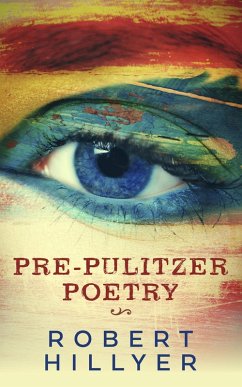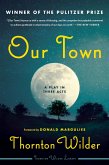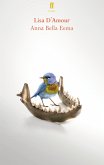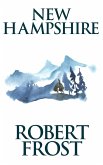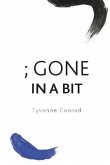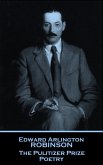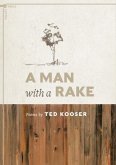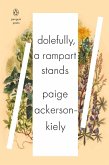Hillyer was classmates with E.E. Cummings at Harvard and became lifelong friends with Robert Frost (who said that he and Hillyer had been "running side-by-side all these years, and he knows that I think of his poetry as he thinks of mine: with affection ... (and) ... admiration." While poets of Hillyer's era were flirting with modernism, imagism and symbolism, Hillyer was working with sonnets and pastorals, mostly rejecting free verse and the "existential agonies of modern man" in order to write about eternal themes like nature, love and death. Hillyer was not really an innovator. Hillyer felt most comfortable writing sonnets and other constricted forms with meter and rhyme, and his poems rarely sounded artificial or stilted. Although occasionally the poems used allusions to art and history and mythology, the poems mostly remained accessible and didn't require elaborate footnotes.
This ebook edition also contains illustrations by Beatrice Stevens and two books of translations: a collection of Danish poetry and an improved translation in verse of the Egyptian Book of the Dead. It also includes an essay about Robert Hillyer's poetry by horror writer Arthur Machen and an essay that Hillyer wrote comparing Egyptian religion with Christianity.
Recently Personville Press republished Hillyer's 1942 poetic novel "My Heart for Hostage" (which evokes Hillyer's experiences of living in Paris after WWI and presents a coherent aesthetic sensibility for a lyrical novel). This sensibility is apparent in his poems as well. Critics Horace Gregory and Marya Zaturenska said that the "gift that Hillyer possessed was an extremely sensitive ear for verbal music, a gift that, however 'literary' its speech may be, never fails to delight the reader, for among the best of Hillyer's lyrics the clear strains of sixteenth-century music were revived and were sounded with the mastery that conceals its art."
This volume includes English translations Hillyer did of Danish poems by notable Danish poets (sometimes for the first time). That includes: Adam Oehlenschläger (1779-1850), B.S. Ingeman (1789-1862), Poul M. Møller (1794-1838), Christian Winther (1796-1876), Frederick Paludan-Müller (1809-1876), Holger Drachmann (1846-1908), Johannes Jørgensen (1866-1956), Ludvig Holstein (1864-1943), Jeppe Aakjær (1866-1930), Sophus Claussen (1865-1931) and Johannes V. Jensen (1873-1950) .
Between 1937-1945 Hillyer was the Boylston Professor of Rhetoric and Oratory at Harvard and taught several authors including Howard Nemerov, James Agee and Theodore Roethke. After that appointment ended, Hillyer taught at Kenyon College between 1948-1951 and ultimately finished his teaching career at University of Delaware between 1954-1961. In addition to publishing several more poetry collections after winning the Pulitzer, Hillyer published two books about versification and several scholarly essays about well-known poets.
To avoid having lines of poetry run onto multiple lines, reading this ebook on smaller displays (such as mobile phones) is not recommended.
Dieser Download kann aus rechtlichen Gründen nur mit Rechnungsadresse in A, B, CY, CZ, D, DK, EW, E, FIN, F, GR, H, IRL, I, LT, L, LR, M, NL, PL, P, R, S, SLO, SK ausgeliefert werden.
Hinweis: Dieser Artikel kann nur an eine deutsche Lieferadresse ausgeliefert werden.

